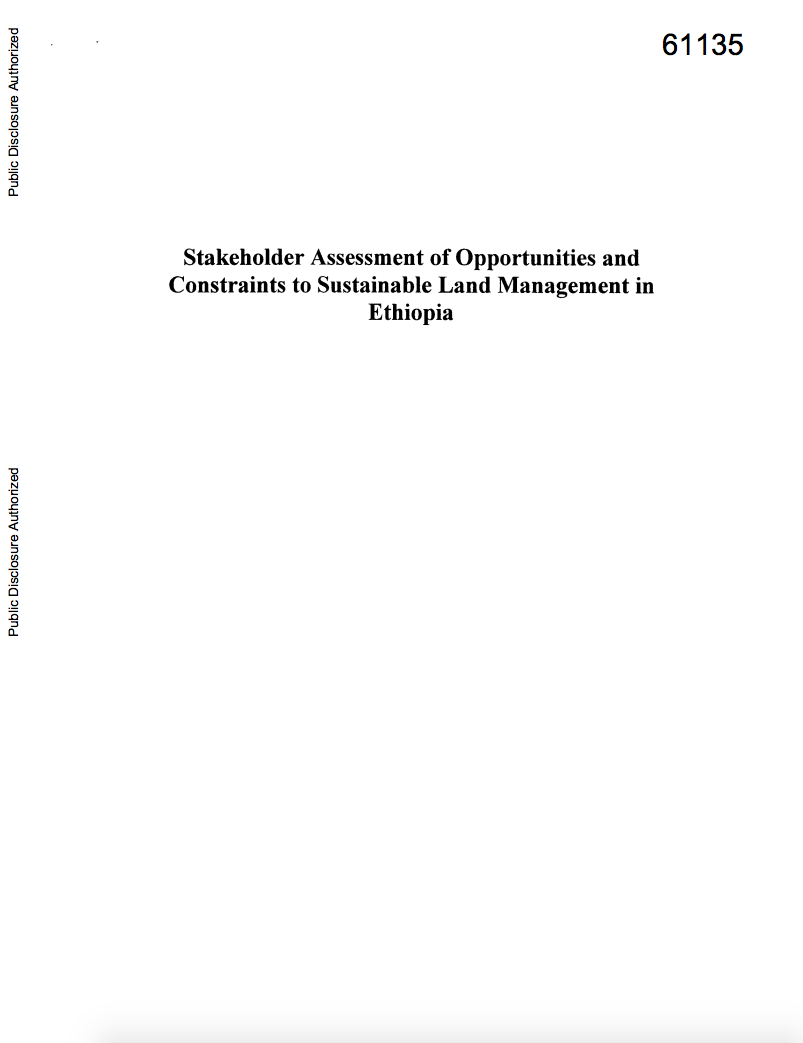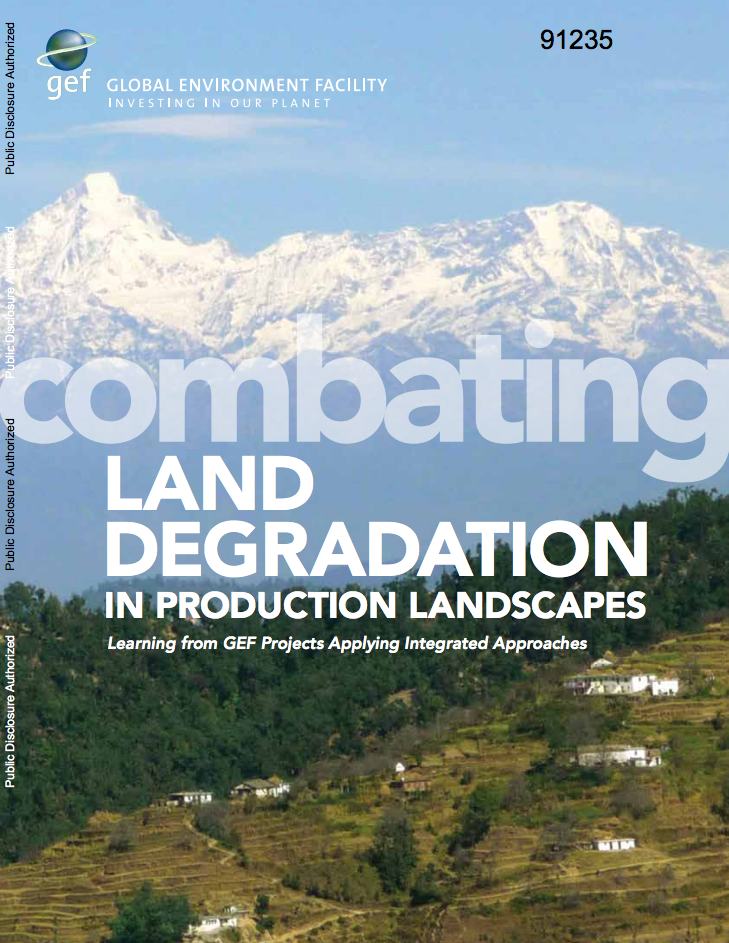Nigeria - An Economic Analysis of Natural Resources Sustainability : Land Tenure and Land Degradation Issues
The scope and urgency of the threats to
Nigeria's rural land are no secret. In 2005, a working
group dedicated to formulating a national agricultural land
policy began the process with a comprehensive articulation
of the challenges facing Nigeria's agricultural land.
The litany included recognition that: 1) agricultural land
use in the country has been unsustainable, resulting in no
fewer than eleven types of extensive land degradation and



